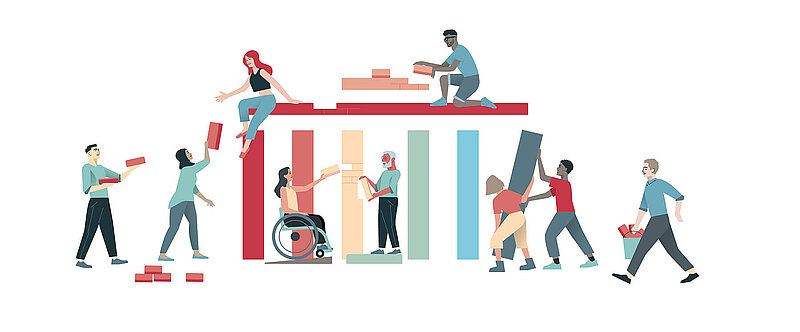Education stands at a pivotal crossroads, where traditional practices meet the rapidly evolving demands of the modern world. As we advance into an era characterized by digital transformation and global interconnectedness, it is crucial to explore how education can adapt and thrive amidst these changes. This article delves into the future of education, focusing on the roles of technology, inclusivity, and innovative methodologies in shaping a more effective and equitable learning environment.
Embracing Technological Advancements
Technology has revolutionized every aspect of our lives, and education is no exception. The integration of digital tools and resources into the classroom has transformed the way we learn and teach. Interactive platforms, virtual classrooms, and educational apps have made learning more engaging and accessible. For instance, online learning platforms like Coursera and Khan Academy provide students with access to a wealth of knowledge from the comfort of their homes. Virtual reality (VR) and augmented reality (AR) are also emerging as powerful tools in education, offering immersive experiences that bring complex concepts to life.
Moreover, data analytics and artificial intelligence (AI) are playing a significant role in personalizing education. By analyzing student performance and learning patterns, AI-driven tools can tailor educational content to meet individual needs, thereby enhancing the learning experience. Predictive analytics can identify students at risk of falling behind, allowing educators to intervene early and provide targeted support.
Promoting Inclusivity in Education
Inclusivity is a fundamental aspect of modern education. In an increasingly diverse world, it is essential that educational institutions embrace practices that cater to students from various backgrounds and abilities. Inclusive education ensures that all students, regardless of their socio-economic status, ethnicity, or disability, have access to quality education.
One of the key strategies for promoting inclusivity is the implementation of Universal Design for Learning (UDL). UDL is an educational framework that encourages the development of flexible learning environments and resources that accommodate diverse learners. By offering multiple means of representation, engagement, and expression, UDL helps create a more inclusive classroom where every student has the opportunity to succeed.
Additionally, addressing the digital divide is crucial for inclusivity. Access to technology and the internet is not uniform, and students from underserved communities may face significant barriers to learning. To bridge this gap, it is important to invest in infrastructure, provide affordable devices, and offer digital literacy training to ensure that all students can benefit from technological advancements in education.
Innovative Teaching Methodologies
As education evolves, innovative teaching methodologies are emerging to enhance student learning and engagement. Project-based learning (PBL) is one such approach that emphasizes hands-on, real-world problem-solving. PBL encourages students to work collaboratively on projects that are relevant to their lives and communities, fostering critical thinking, creativity, and teamwork.
Another innovative methodology gaining traction is flipped learning. In a flipped classroom, traditional lecture content is delivered outside of class, typically through videos or online materials, while class time is dedicated to interactive activities and discussions. This approach allows students to engage with the material at their own pace and come to class prepared for deeper exploration of concepts.
Gamification is also transforming education by incorporating game elements into the learning process. By making learning more interactive and enjoyable, gamification can boost student motivation and participation. Educational games and simulations provide opportunities for students to apply their knowledge in a dynamic and engaging way.
Fostering Lifelong Learning
In today’s fast-paced world, the concept of lifelong learning has become increasingly important. The ability to continually acquire new skills and knowledge is essential for personal and professional growth. Educational institutions are recognizing this need and are beginning to offer more flexible and diverse learning opportunities.
Online courses, micro-credentials, and modular programs allow individuals to pursue learning at their own pace and in areas of interest. These options cater to both career-focused professionals seeking to upskill and individuals exploring new hobbies or passions. By promoting a culture of lifelong learning, we can ensure that education remains relevant and accessible throughout one’s life.
Conclusion
The future of education is bright and full of potential. By embracing technological advancements, promoting inclusivity, and adopting innovative teaching methodologies, we can create a more effective and equitable learning environment. As we move forward, it is essential to continue exploring new approaches and remain adaptable to the ever-changing landscape of education. In doing so, we can equip students with the skills and knowledge they need to thrive in a complex and dynamic world.
